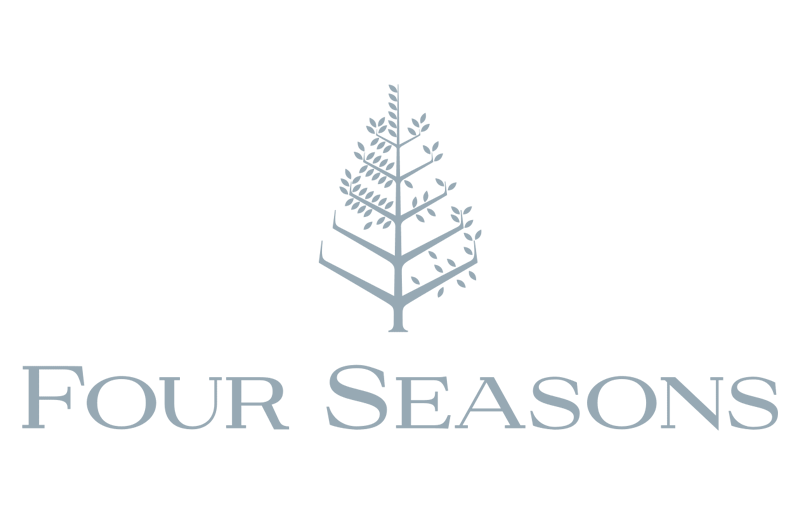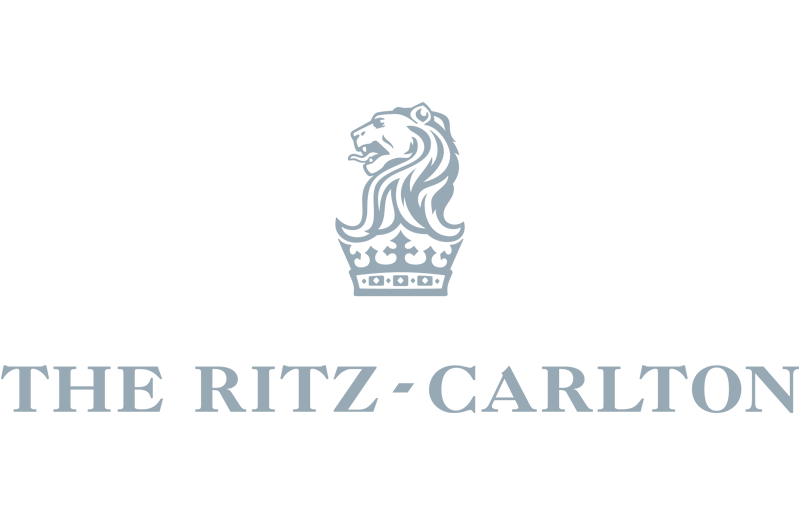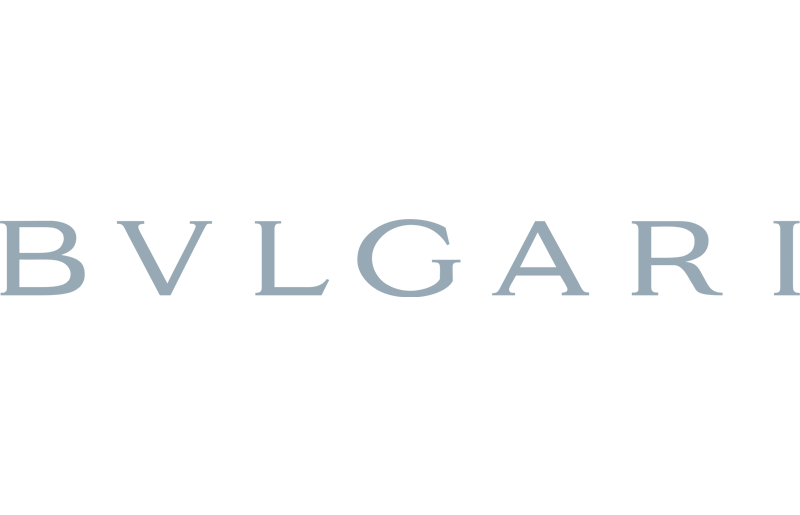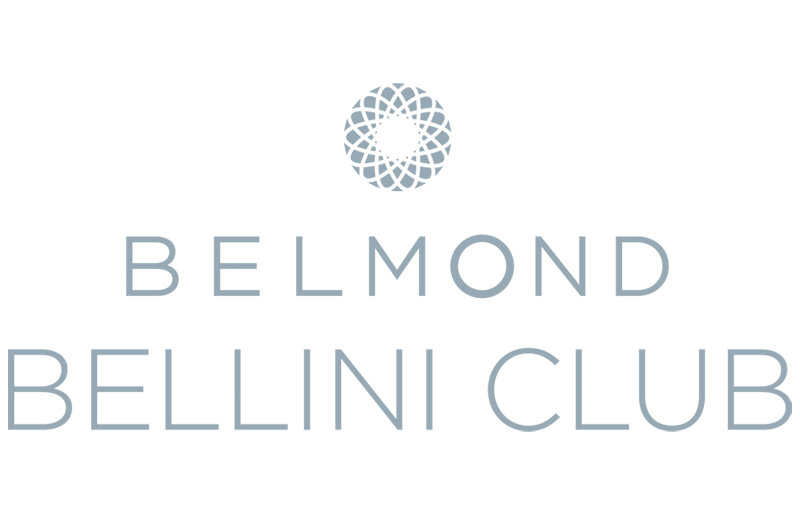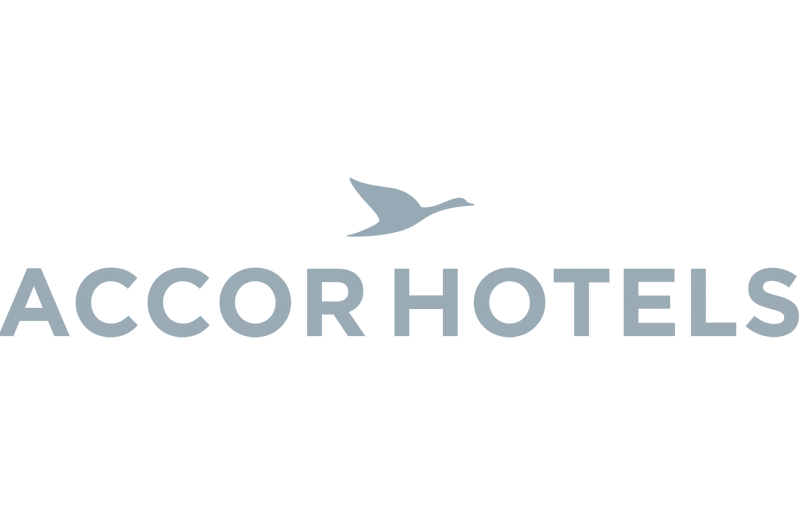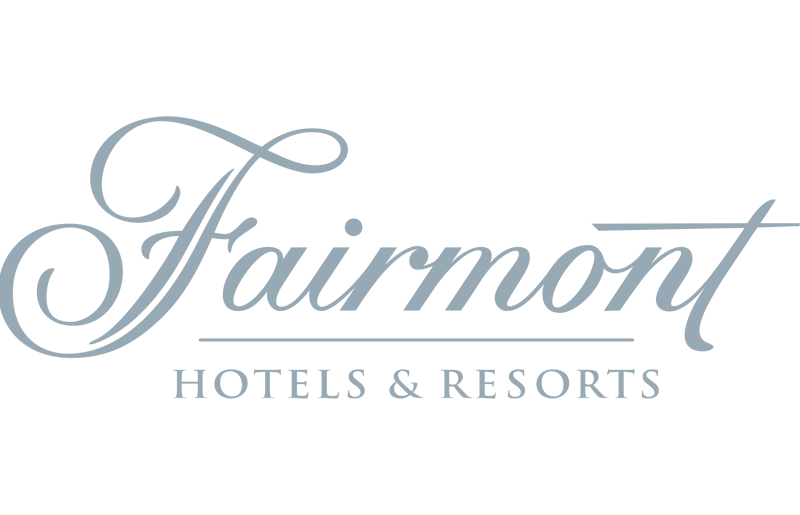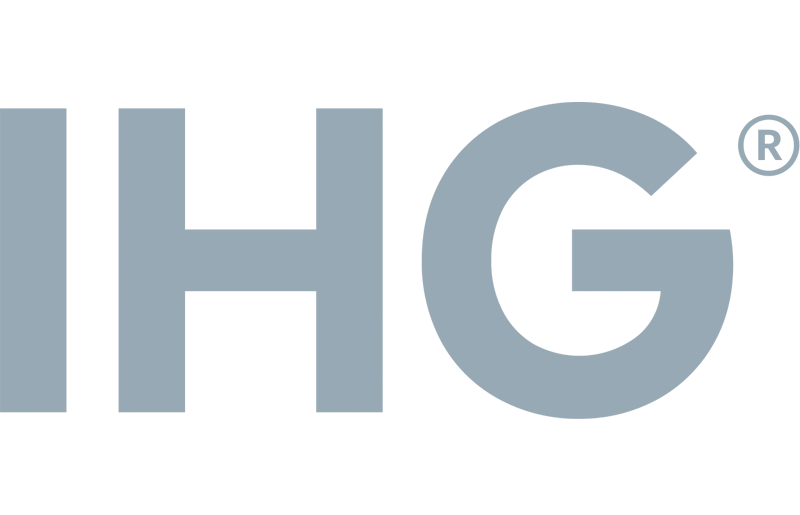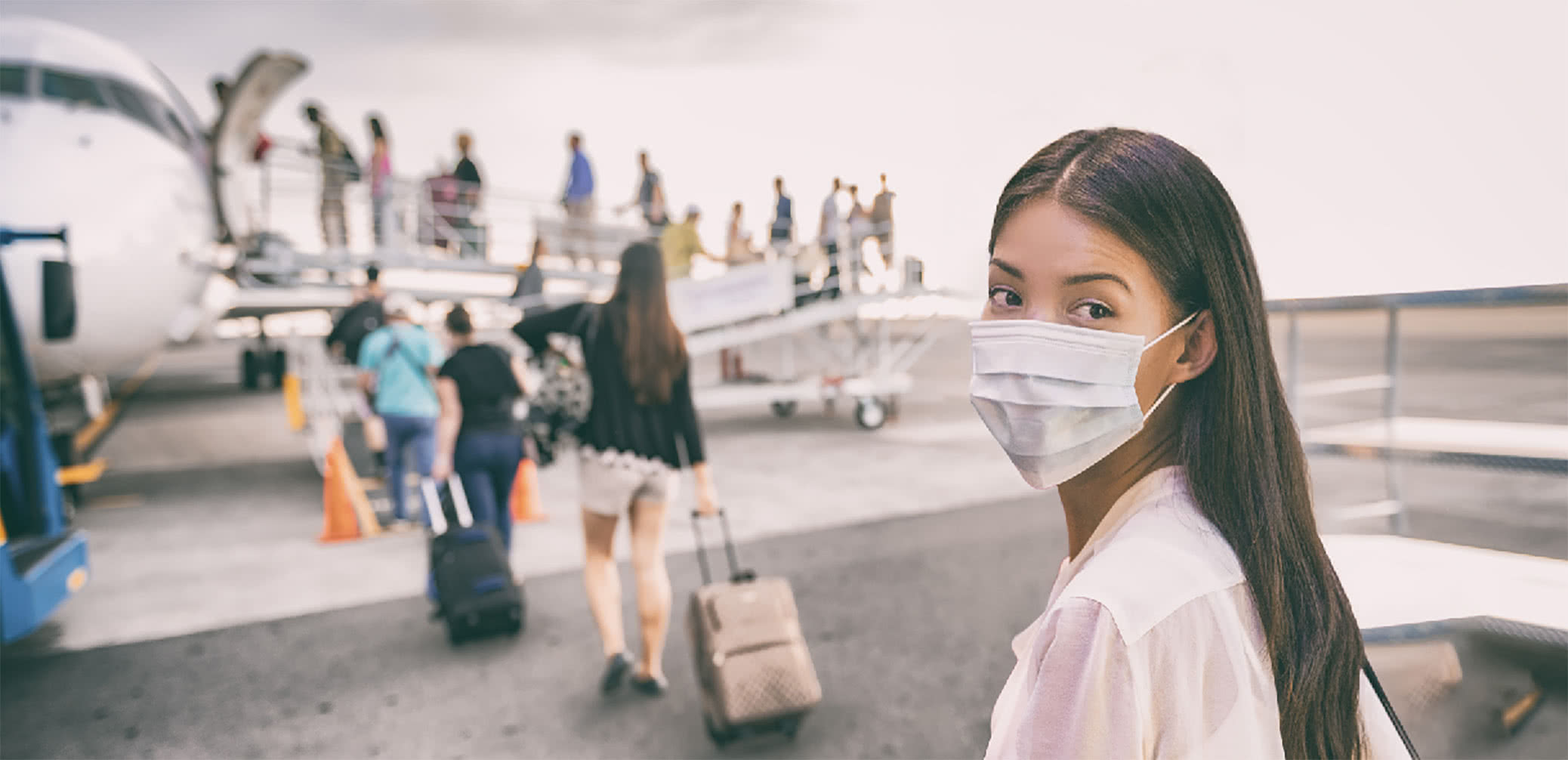The travel and tourism industry faces an unprecedented challenge. For the industry to recover from the pandemic and the ensuing economic crisis, travelers will need to feel safe and confident that their health will not be at risk. New health and safety measures need to be implemented. While these have yet to be universally defined and agreed upon, we can still get a glimpse at what traveling looks like now that stay-at-home orders and travel restrictions are lifted.
1. Type of Travel
Domestic travel will be favored over international trips. For the foreseeable future, most countries are requiring incoming travelers to self-quarantine for 14 days. Although lockdown measures have been lifted as of the beginning of May, it does not mean governments allow free movement and travel to their residents.
According to a U.S. Travel Sentiment Survey conducted by Longwood International, a hospitality market research consultancy firm, 39% of respondents plan to take a road trip to visit friends and relatives as their first trip in the next six months. Another 24% hope to travel by car for a vacation or getaway. Only 3% indicated they are willing to travel internationally. Finally, 25% of the travelers indicated having changed their travel plans to ones they could drive to as opposed to fly to, and 12% modified their international trips to domestic destinations.
2. Air Travel
Be prepared to be asked to arrive at the airport not two but four hours before your flight’s departure. The queue at immigration and border control will be longer than ever before as health screenings are required for all passengers. With airports implementing multiple levels of health screening throughout their facilities, the demand for thermal gates and heat cameras has spiked.
In addition to these health screenings, it is very likely that in the short term, travelers will be required to get tested for COVID-19 a day or two prior to their departure and show a medical certificate proving a negative result for the virus. In the long run, if and when a vaccine becomes available, authorities will certainly require travelers to have a certificate of immunity.
With the probability of having on and off lockdown measures until a vaccine is found, travelers will be allowed more flexibility as they plan their trip. Travel experts expect that flexibility to last until the end of the year, possibly longer. Cancellation and modification fees have already been waived by most airlines around the world in an effort to encourage bookings and reassure travelers about their future trips.
In the past, you may have seen a handful of travelers wiping down their tables, armrests, and seats prior to settling on a plane. Expect this to be more common during boarding, with every passenger taking their pack of sanitizing wipes out of their carry-on to clean their personal space.
3. Hotel Stay
If you are a loyalty member of a chain such as Marriot or Hilton, you may have already experienced what the typical check-in process will be across the industry. Guests will no longer need to check-in at the reception desk upon arrival and will be able to wheel their luggage straight to their bedroom, thanks to keyless check-in.
Travelers should expect to be screened before entering the property. The Venetian Resort in Las Vegas announced it is reducing the number of entry points and placing thermal scanners allowing for non-invasive temperature checks for both staff and guests.
Personalized services and amenities such as valet parking, bellhop, breakfast buffet, or minibar will be eliminated for the time being. Communal areas such as lounges or bars may also remain closed to remove opportunities for large gatherings.
Hygiene is also a top concern. From high-tech sprayers to ultraviolet lights, the big players in the industry are looking into new products and technologies to ensure their facilities and guest rooms are properly sanitized. With such investments, travelers should not be surprised if they begin to see a hefty cleaning fee on their bill under the infamous resort fee. Cleaning wipes and hand sanitizers will certainly be provided to guests alongside the usual shampoo and body lotion.
In the months to come, we may sadly see smaller players going out of business as adapting to this pandemic will require many expensive investments. The small bed & breakfast and boutique hotels may struggle and be unable to compete with the bigger chains such as The Four Seasons or Hyatt who are already spending millions on Research & Development and on communication campaigns to ensure their clients’ good health and promote their new safety standards.
It has now become more important than ever before to have travel assistance services in case of emergencies. If you are planning a domestic or international trip during the pandemic, find out which services are offered to you through Global Travel Plus. For more information about COVID-19 and the latest news and updates, visit https://www.globaltravelplus.com/Covid-19.aspx.
About Global Travel Plus
When you’re experiencing any kind of emergency while traveling 100 miles away from home or in another country, Global Travel Plus assists you with relieving the additional stress experienced. Services include medical consultations, referrals and monitoring, emergency evacuation and repatriation, medical and non-medical escort, assistance with foreign hospital admission, and prescriptions. With Global Travel Plus on your side, you’ll enjoy real worry-free travel everywhere in the world in any situation. For more information, visit www.globaltravelplus.com.
Copyright Luxury Travel Diary 2014 - 2024. Duplication outside of luxurytraveldiary.com is forbidden.
Note: Benefits & upgrades subject to availability. Benefits offered correct at the time of writing. Terms & conditions apply. Enquire for more information. Posts may be sponsored by the proprietor or brand being appraised. All opinions remain our own & are in no way influenced.

